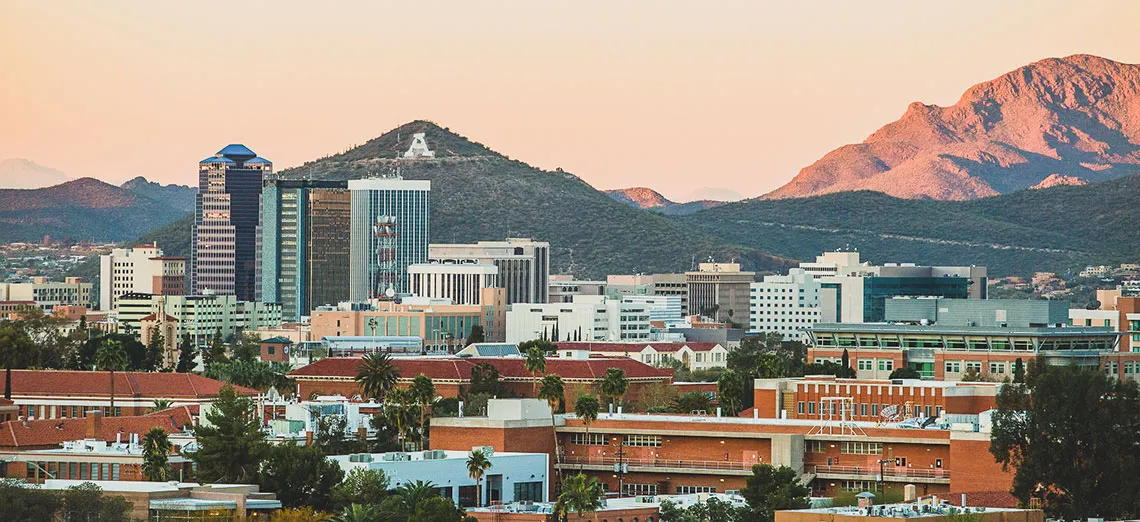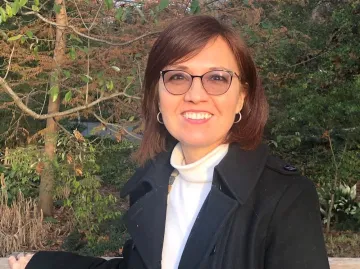CAPLA’s Adriana Zuniga Discusses Importance of Urban Vegetation for Equity and Habitat Preservation

“Vegetation is linked to better air, lower temperatures and less stress,” says Adriana Zuniga in dual May 14, 2021 stories on Tucson’s plans to plant trees to combat climate change appearing in Environmental Health News and The Daily Climate. Zuniga is an assistant research scientist at the College of Architecture, Planning and Landscape Architecture and the Udall Center for Studies in Public Policy at the University of Arizona.
The article reviews Tucson Mayor Regina Romero’s February 2021 pledge to plant a million new trees in the city by 2030. “Climate change waits for no one,” says Romero in the article. “Without a livable community, we have no Tucson.”
Tucson is prioritizing tree-planting in low-income neighborhoods, “which are disproportionately burdened by Tucson’s urban heat island effect” notes the article.

According to Zuniga, this disparity is an issue of public health. It’s also an issue of diminishing biodiversity, particularly for migratory species.
“Their habitats have been fragmented so much from urbanization that every spot of vegetation counts,” she says in the article. For example, monarch butterflies—whose numbers have dropped by 80% over the last two decades—“desperately need our help in developing patches of habitat for them to use while they migrate back and forth from Mexico, all the way to Canada.”
The article concludes with a discussion of how, despite the fact that 2020 was Tucson’s driest year on record and water in the desert city is scarce, the goal of planting a million trees is sustainable so long as desert trees such as mesquite and palo verde are planted and rely largely on rainwater once they’re mature.
Zuniga, who joined UArizona in 2015, earned her PhD in Arid Lands Resource Sciences and holds a Master of Science in Architecture from the University of Arizona. Her research explores questions related to green infrastructure and urban resilience, environmental justice, water security in cities, groundwater governance and other environmental issues in arid lands. She also teaches courses related to sustainability and the history of the built environment.



